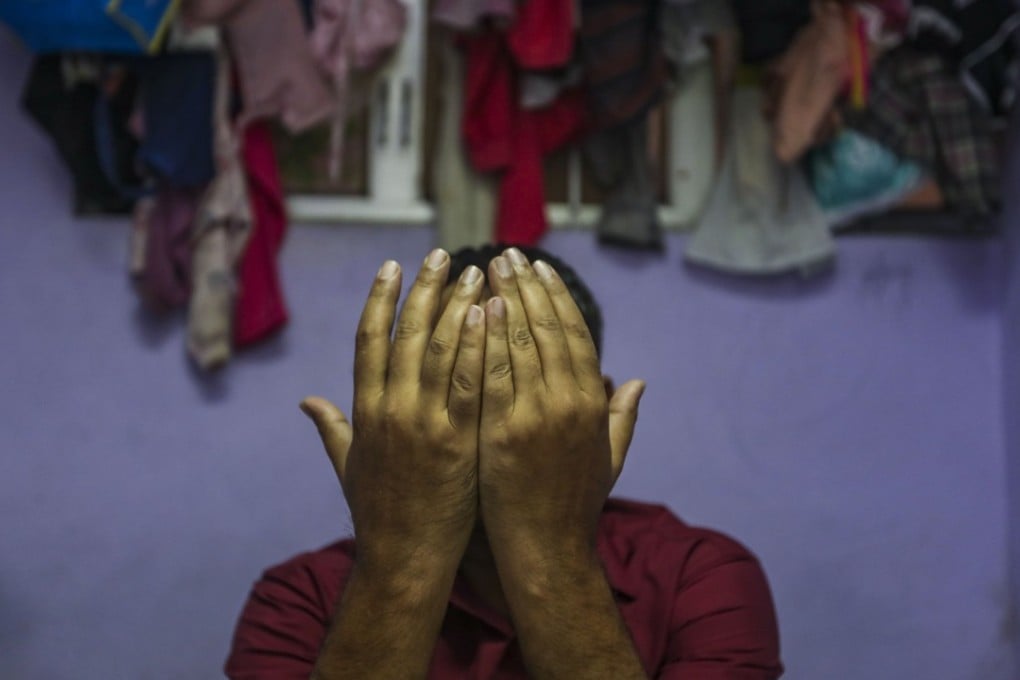The slave who took on Hong Kong
Trafficked to the city and forced to endure unpaid work, abuse, threats and hunger, this man sued the government. A decade after his ordeal began, he is still fighting for a change in the law that could help others like him

His mother opposed the idea, even if it was for a well-paid job. No one in their family had ventured overseas. After all, she argued, they had little money, but enough to put food on the table. “My parents told me not to go abroad. I did not listen to them,” Zn says, without taking his eyes off the ground.
Zn is only 34 but his forehead is like a wrinkled rug lying on sunburned skin. His round cheeks and lips rarely draw a smile. His face shows the effects of his move to Hong Kong, where he thought he would find a better future but where, instead, he lost his freedom. It is the city where he endured endless hours of unpaid work, physical abuse, threats, hunger and shame.
Worldwide, the Asia-Pacific region accounts for 72 per cent of modern slavery victims who have been sexually exploited, and 64 per cent of forced labour cases. Every year, the use of forced labour in the private sector generates about US$150 billion in illegal profits.